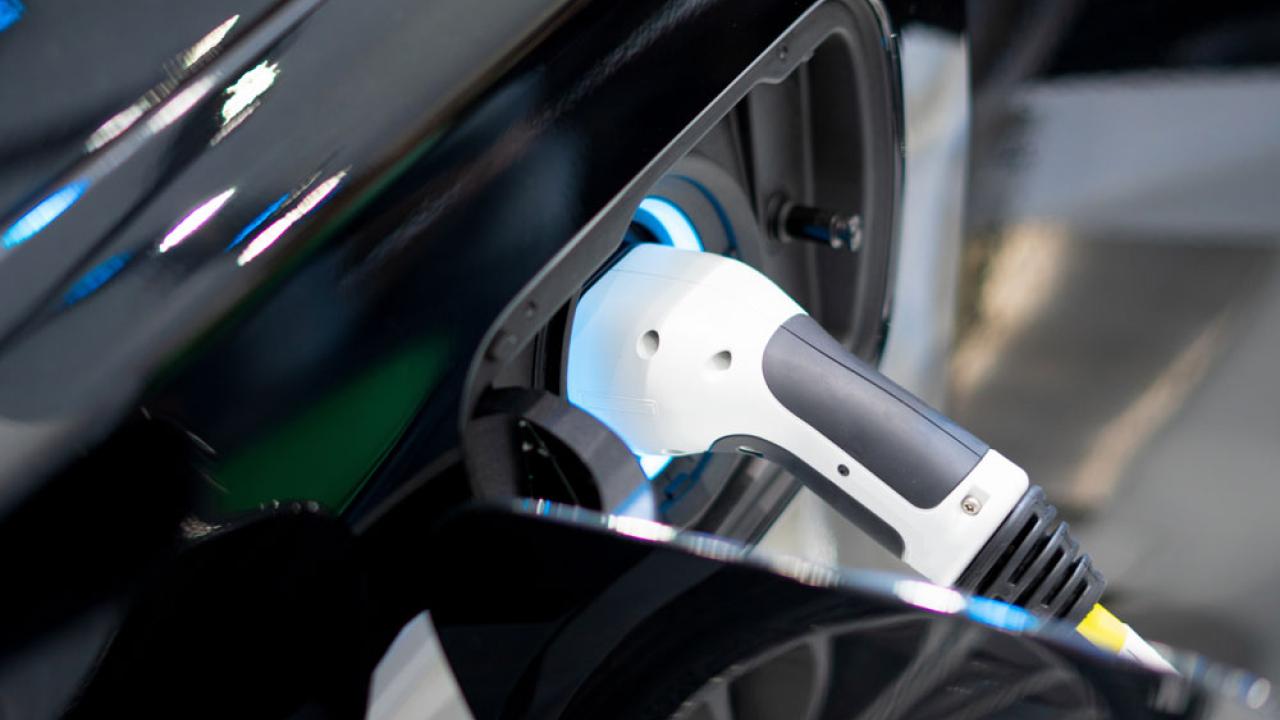New research by Motability Operations has called into question the accessibility and ease of installation of cross pavement charging products, which could pose a problem for disabled drivers or those with mobility issues.
As approximately 50% of Motability Scheme customers and 30% of people in the UK lack off-street parking, to switch to an EV they must use the public charging network which can be up to 10 times more expensive than home charging. Cross-pavement products offer a potential solution to this, allowing those who do not have a driveway to connect their car to their home over a pavement and do so in a way that doesn’t affect people needing to get by.
However, cross-pavement product testing with Motability Scheme customers has identified several issues that make many products unusable for disabled drivers, which are outlined in its new report. They include the fact that most products require users to bend or kneel, which poses a serious barrier for people with mobility issues.
Heavy or rigid components and awkward mechanisms create challenges for users with limited grip or motor function, and some products are not usable from a seated position or are difficult to navigate with a wheelchair.
In addition, some products can also create physical hazards for disabled people if cables or covers obstruct pavements.
Alongside challenges with accessibility, installation processes of cross-pavement products also present an obstacle as - to install a cross-pavement product - people must receive planning permission from their local authority.
This process can cost between £800 and £1,200 and requires significant effort from the individual to provide the council with the right information, including liability agreements; maintenance responsibilities; and local landscape information.
Andy Broadfield, MD of Electric and Insurance at Motability Operations, said: "We welcome the Government’s investment, announced last month, for at-home charging solutions for those without driveways. This funding is a vital step forward to ensure thousands are not left behind as manufacturers shift production to electric.
"However, if the transition is to work for everyone, the charging infrastructure must be accessible and readily available. That’s why we have worked with our customers to actively research and understand the barriers facing accessible cross-pavement charging products.
“Now, we are calling for further collaboration with cross-pavement product manufacturers and local authorities to help develop, and swiftly install, accessible solutions that help keep people mobile, now and in the long-term.”


